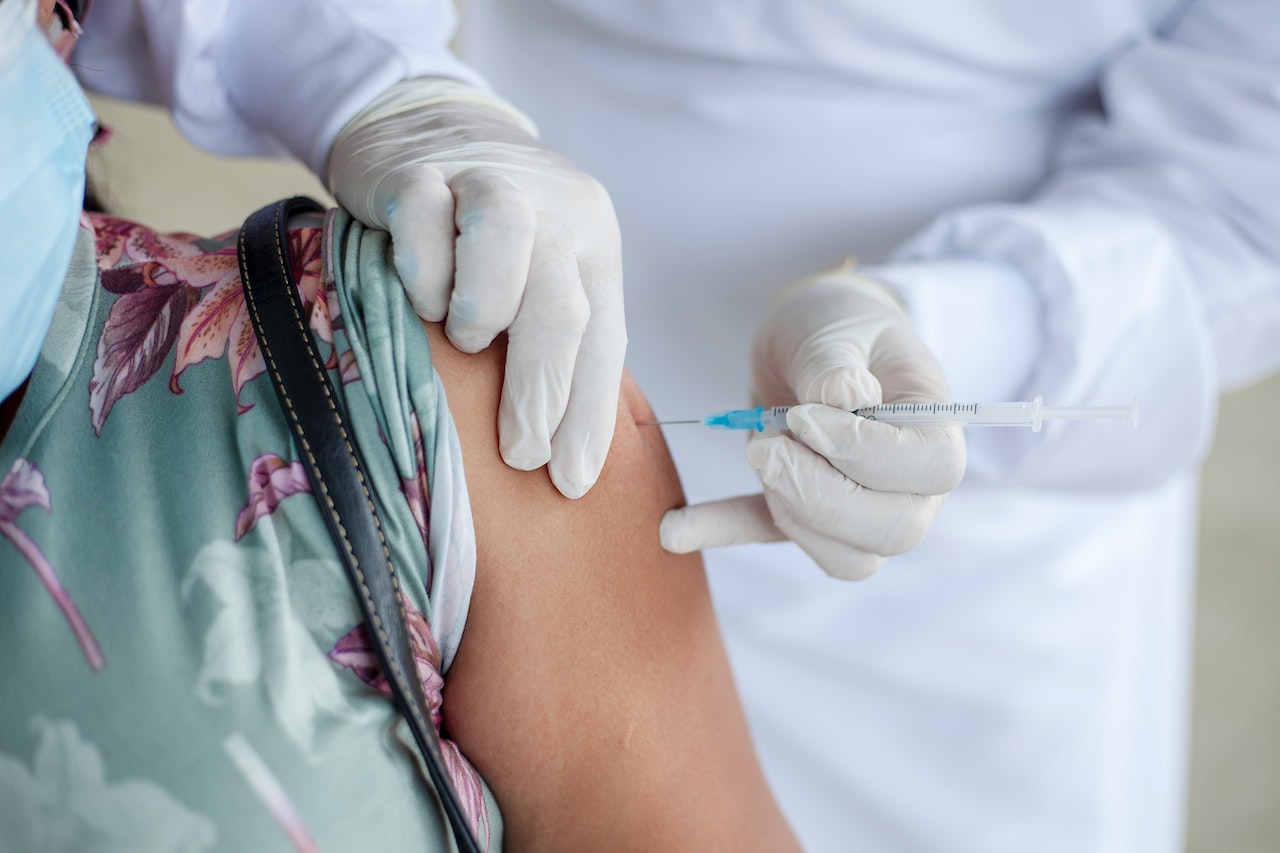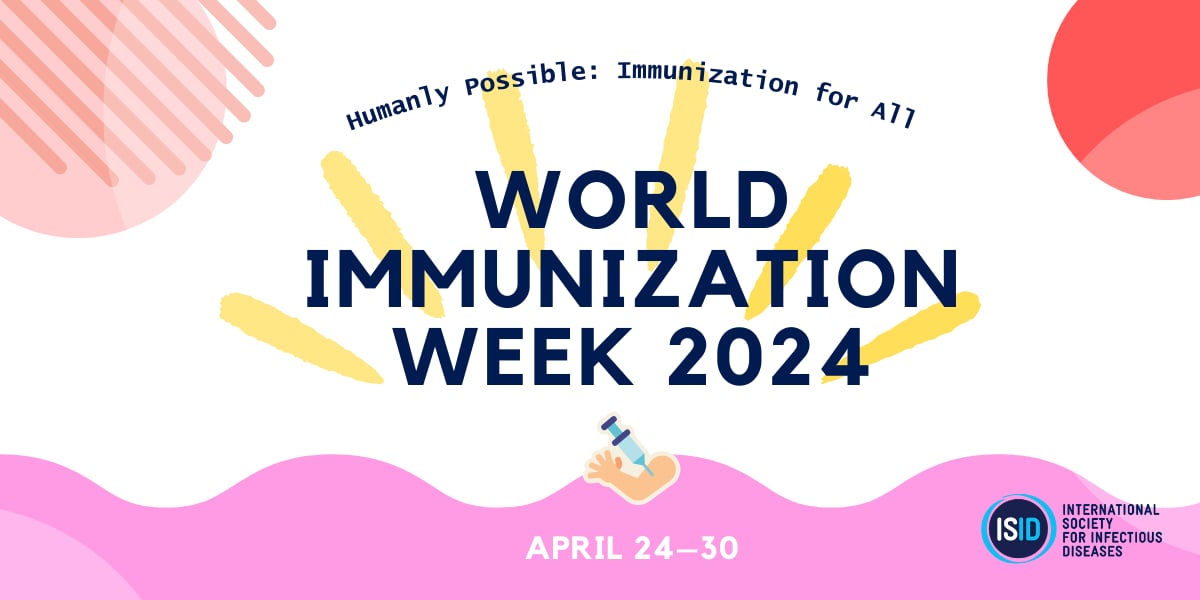Pneumococcal Disease – Are you or your loved ones at risk?

This fall and winter, VEAP is here to help provide information about the vaccines that may be important in keeping you and your loved ones healthy this holiday season and beyond!
In this post, we are focusing on Pneumococcal disease and the vaccines that help prevent it.
What Is Pneumococcal Disease?
Pneumococcal disease is any illness that is caused by pneumococcal bacteria. The illnesses you may be most familiar with, which are associated with this type of bacteria, are pneumonia (infection of the lungs) and meningitis (infection of the tissue covering the brain and spinal cord). Pneumococcal bacteria are responsible for causing other types of illness including ear infections, sinus infections, and Bacteremia (infection of the blood). Pneumococcal bacteria spread from person to person through coughing, sneezing, and close contact. People can carry the bacteria in their nose and throat without being sick and spread the bacteria to others.
Who Is At Risk?
Anyone can get pneumococcal disease, but the people who are most at risk are:
–Children Under 5 Years Old
-Adults 65 Years Or Older
-People Who Smoke Cigarettes
-People With Certain Medical Conditions Or Other Risk Factors Including:
- Alcoholism
- Cerebrospinal fluid leak (a health problem where fluid surrounding and protecting the brain and spinal cord leaks)
- Chronic heart, lung, kidney, or liver disease
- Cochlear implant (a small electronic device that is surgically implanted to help people with severe hearing loss be able to hear)
- Diabetes
- HIV infection, cancer, solid organ transplant, or another condition or taking medicine that weakens the immune system
- Nephrotic syndrome
- Sickle cell disease, a damaged spleen, or no spleen
While the majority of pneumococcal infections are mild, some can have serious long-term effects, such as brain damage or hearing loss. Some of the more serious infections caused by pneumococcal bacteria such as Meningitis, bacteremia, and pneumonia can even be fatal. The risk of serious illness or death is greatest for older adults.
How Can You Prevent Pneumococcal Disease?
There are two types of vaccines available that help protect against pneumococcal disease. The CDC recommends pneumococcal vaccination for all children younger than 5 years old and all adults 65 years or older. If you or a loved one fit into these age ranges or one of the risk categories mentioned above, you should talk to your doctor or vaccine provider about getting vaccinated and they will determine which vaccine is right for you.
You can add additional layers of protection against pneumococcal disease by getting the influenza (flu) vaccine every year and making sure that you are up-to-date on your COVID-19 vaccines. It has been well-established that people who get sick with the flu have an increased chance of developing pneumococcal disease. The current research on COVID-19 suggests that people with severe COVID infections are more likely to end up with bacterial infections such as pneumonia caused by pneumococcal disease.
For more information about pneumococcal disease and the pneumococcal vaccine visit:
https://www.cdc.gov/pneumococcal/
Pneumococcal Disease in Adults and the Vaccines to Prevent It
Pneumococcal Vaccination: What Everyone Should Know
Haitian Creole
Maladi nemokoksik vle di nenpòt maladi bakteri nemokòk yo lakòz. Bakteri sa yo kapab lakòz anpil kalite maladi, tankou nemoni, ki se yon enfeksyon nan poumon. Bakteri nemokòk yo se youn nan kòz nemoni ki pi kouran.
Anplis nemoni, bateri nemokosik lan kapab lakòz tou: ‚
- Enfeksyon nan zòrèy ‚
- Enfeksyon sinizit ‚
- Menenjit (se yon enfeksyon likid ki nan sèvo ak mwèl epinyè a). ‚ Bakteryòz (enfeksyon nan san) ‚
Tout moun ka pran maladi nemokosik lan, men timoun ki gen mwens pase de (2) lane, moun ki gen sèten pwoblèm medikal oswa lòt risk faktè, ak granmoun ki gen 65 lane oswa plis yo gen plis risk pou pran li. Majorite enfeksyon nemokosik yo pa grav. Sepandan, kèk ladan yo kapab bay pwoblèm alontèm, tankou domaj nan sèvo oswa pèt odisyon. Menenjit, bakteryòz, ak nemoni maladi nemokosik lakòz yo kapab touye ou.
Maladi pnekokokopi | Vaksen – PCV13 ak PPSV23 | CDC
Spanish
Enfermedad neumocócica es un término que se usa para referirse a cualquier infección causada por un tipo de bacterias llamado Streptococcus pneumoniae o neumococos. Las infecciones neumocócicas pueden variar desde infecciones de los oídos y sinusitis hasta neumonía e infecciones de la sangre. Existen vacunas para ayudar a prevenir la enfermedad neumocócica.
La enfermedad neumocócica| Información sobre la enfermedad neumocócica| CDC
Portuguese
Doença pneumocócica
Doença pneumocócica é um termo usado para se referir a qualquer infecção causada por um tipo de bactéria chamada Streptococcus pneumoniae ou pneumococos. As infecções pneumocócicas podem variar de infecções de ouvido e sinusite a pneumonia e infecções sanguíneas. As vacinas estão disponíveis para ajudar a prevenir a doença pneumocócica.
Doença pneumocócica| Informações sobre a doença pneumocócica| CDC


